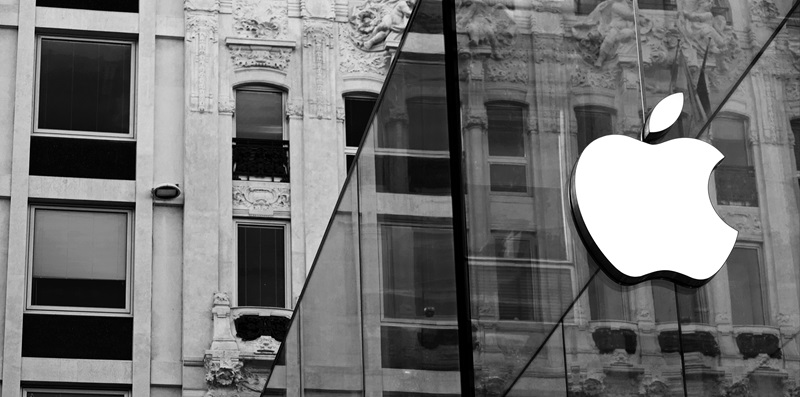The integration of cutting-edge AI within iPhone technology has long been anticipated by Apple’s user base. Recently, Apple Inc.’s CEO, Tim Cook, hinted at impending AI enhancements for the company’s mainline products in an earnings call, stirring considerable excitement among tech enthusiasts and consumers alike. Apple, traditionally cautious about its AI implementation, seems to be shifting gears, evidently preparing to gain ground in the competitive landscape dominated by tech giants like Google and Microsoft. This shift implies that iPhone users could soon experience a new level of AI sophistication in their daily digital interactions. The promise of these developments indicates that Apple is now poised to leap forward in the AI race, potentially altering the dynamics of smartphone technology.
Embracing the AI Revolution
Cook’s announcement comes at a critical juncture in the tech industry, where generative AI capabilities have become not just novelties but expectations. With competitors rapidly enhancing their products with AI, Apple’s users and investors have been keenly anticipating the company’s foray into this domain. Tech analysts predict that the integration of AI into the next iOS iteration could be Apple’s breakthrough moment. Apple has traditionally used its World Wide Developers Conference as a stage for software innovation, and the 2024 event may well be remembered as the turning point for the Cupertino giant’s entry into the AI race.
Forging Competitive Edges
Apple is actively embracing advanced AI for its iPhone and Mac lineups, underscoring the company’s push to maintain technological leadership. Tim Cook has spoken of AI as an enormous opportunity, although he’s kept details under wraps. This strategic integration of generative AI is likely to transform how users engage with Apple devices, affecting communication, content creation, and overall interaction. By teasing upcoming AI-centric software features, Apple signals an impending shift in what consumers will expect from their devices. The firm is not only keeping pace with tech trends but is also aiming ahead to influence them. The anticipation is that Apple’s move will usher in a new era of user experience, marked by smarter, more intuitive devices that cater to an ever-evolving digital landscape.

